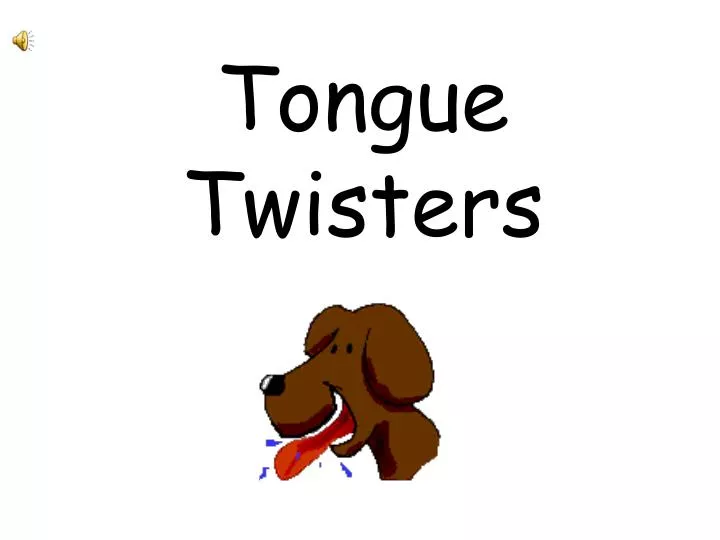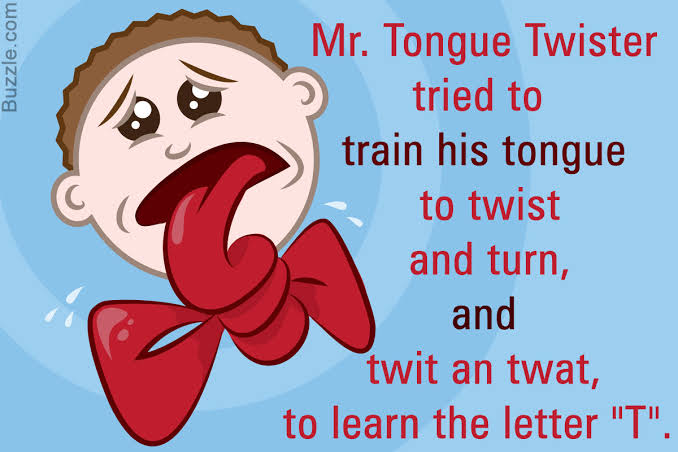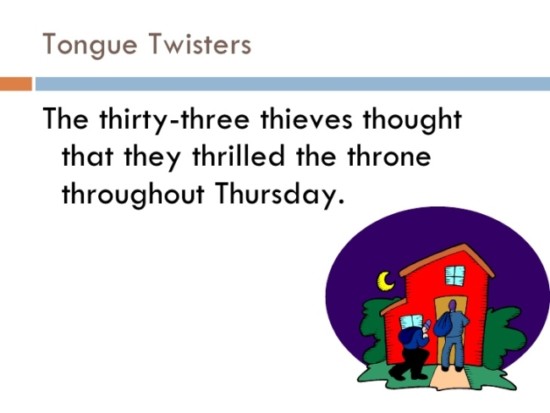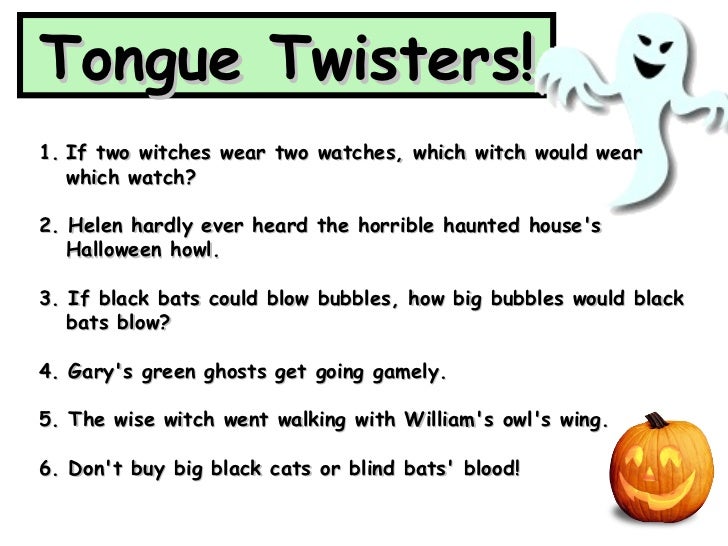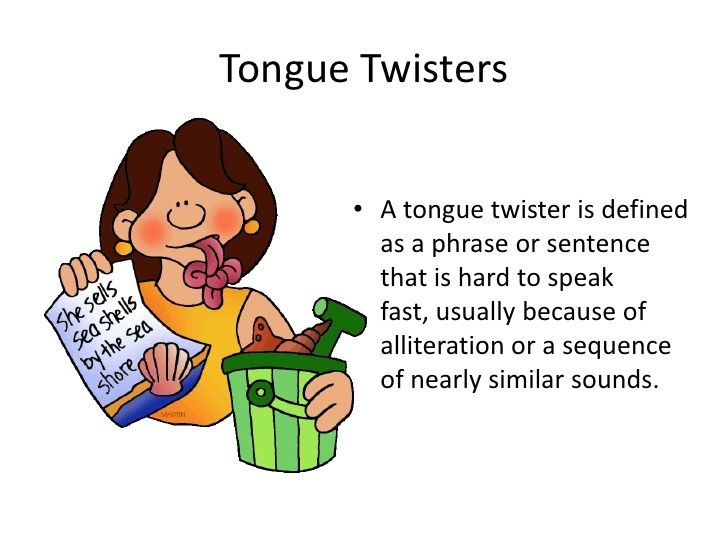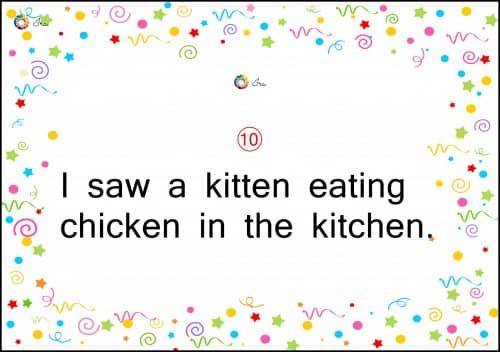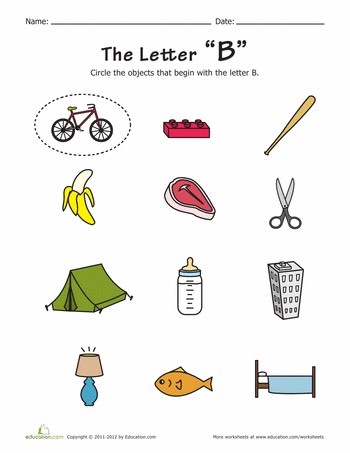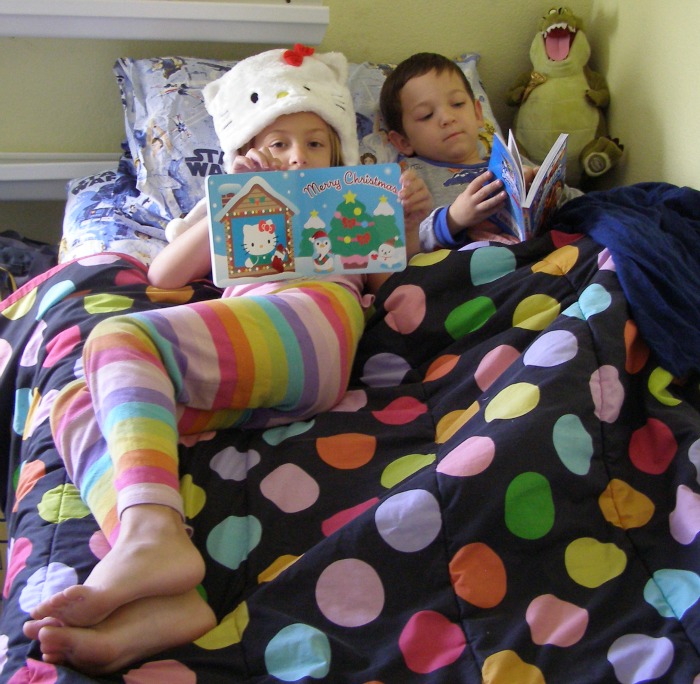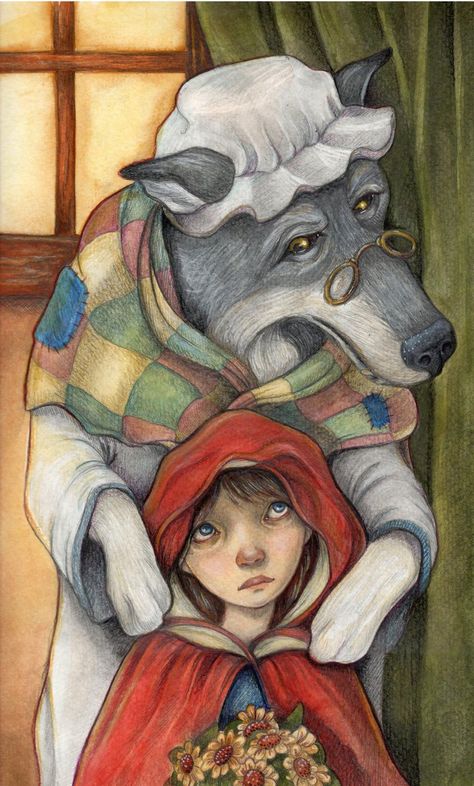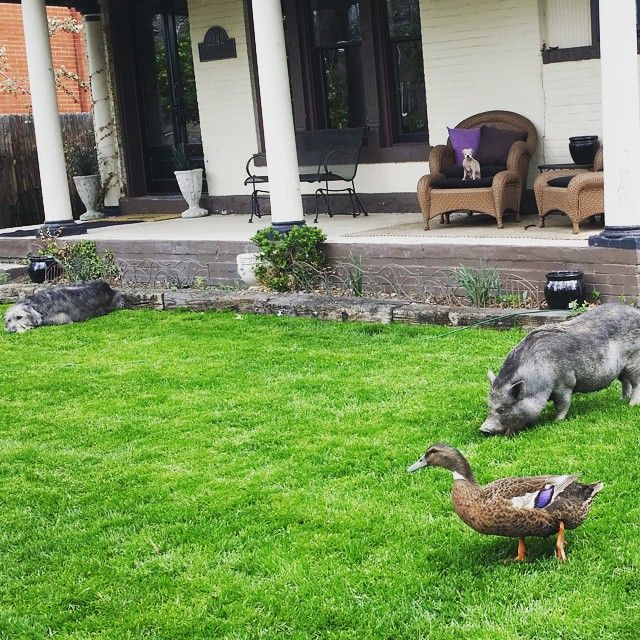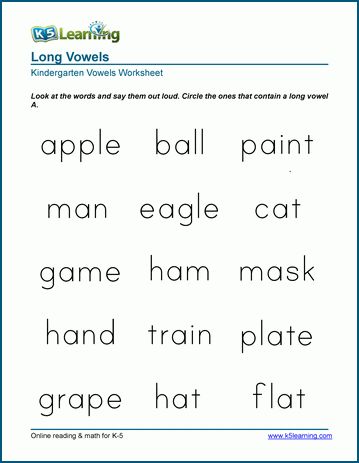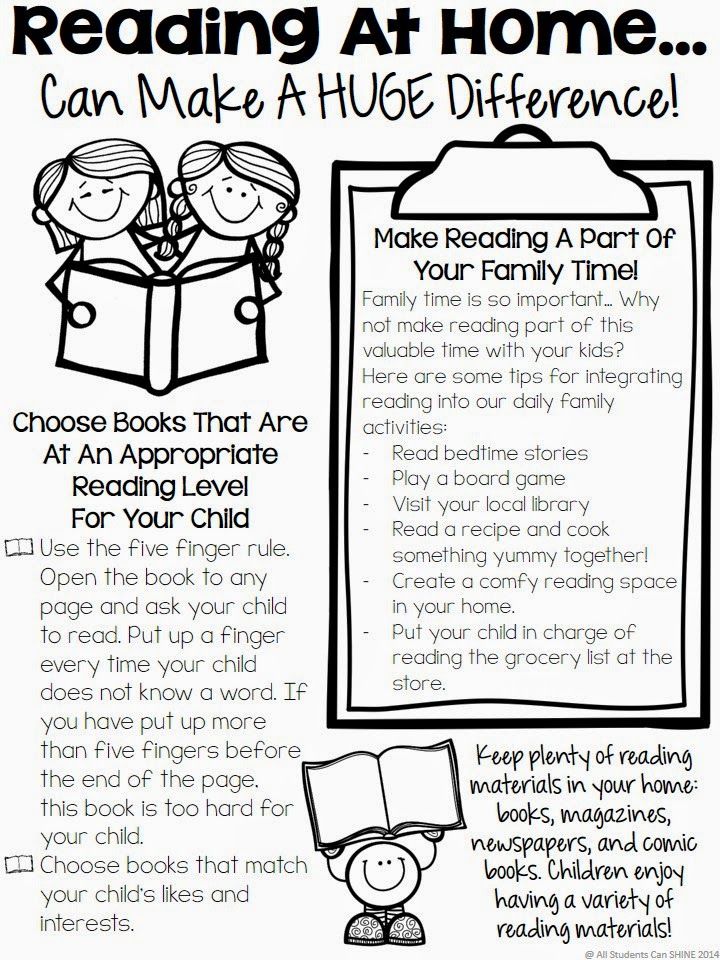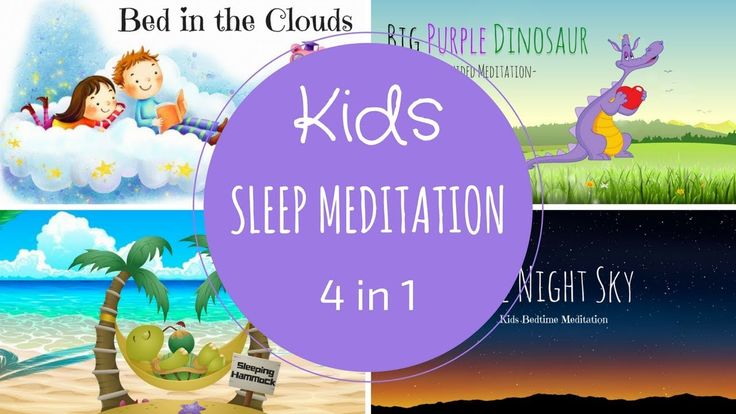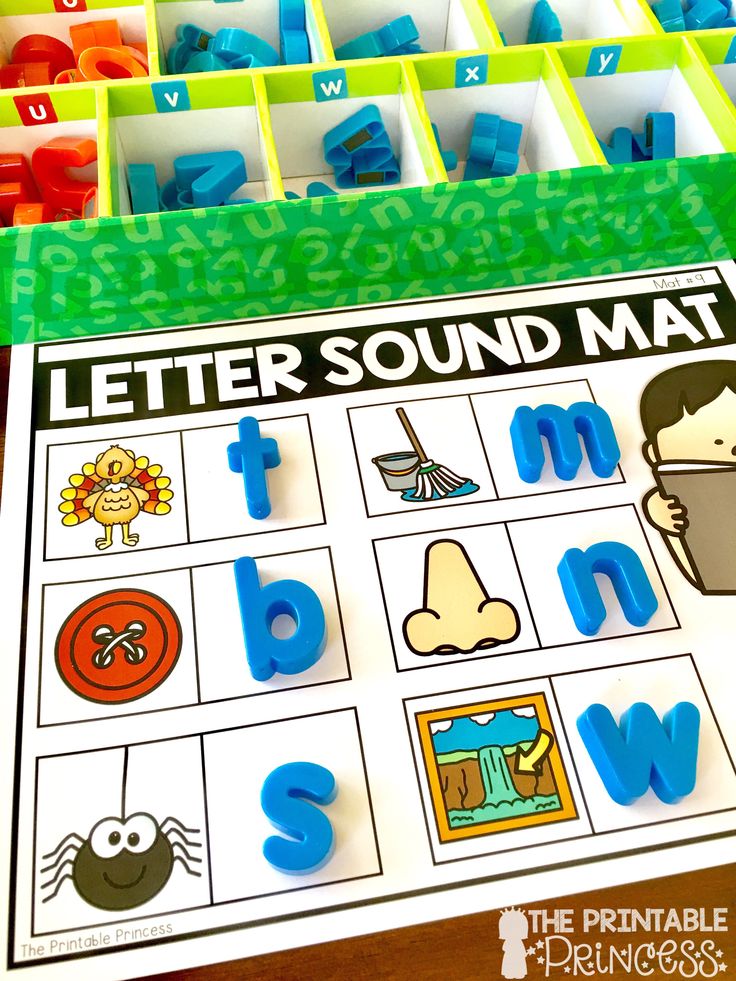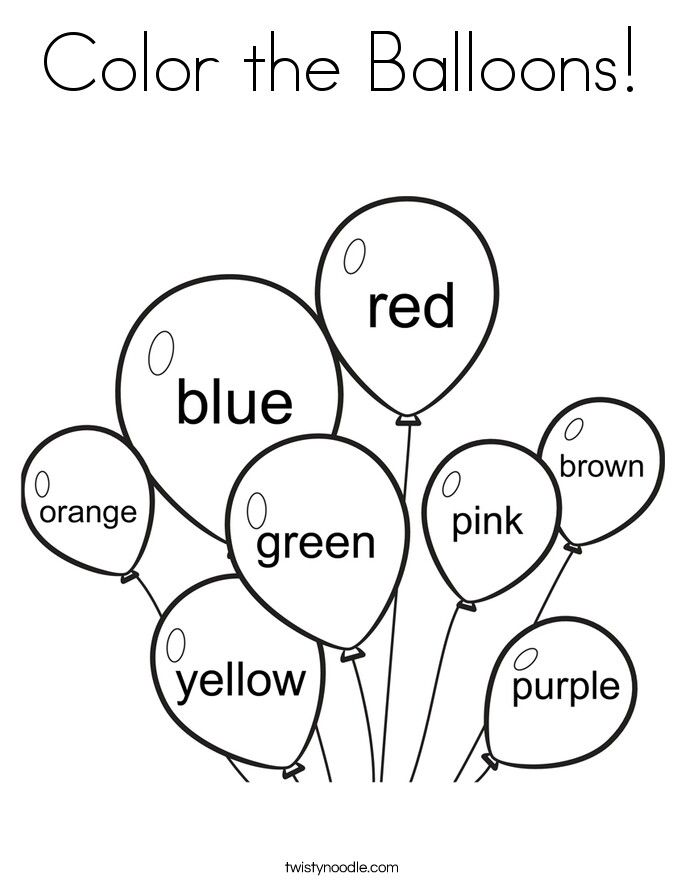Tongue twisters in english for kids
60 Tongue Twisters in English for Kids
Funny tongue twisters for kids have been around for generations. Those seemingly gibberish-sounding sentences are not only fun, but they also help you speak better. They boost your repertoire of exciting and fun-sounding words and make a good public orator out of you. Plus, who does not like to have fun with friends and family by challenging them with words? Whether you are in school, park, or out with friends or cousins, a game of fun tongue twisters will surely give you a lifelong memory to cherish. Politicians, actors, and news anchors also happen to use tongue twisters before going on air to stretch their mouths and perfect their speech. There are plenty of easy-to-memorise tongue twisters to downright impossible ones to test your speaking skills. Here’s our lowdown on some popular tongue twisters, and why you and your kids should recite them together. Don’t worry if you don’t begin very well; with enough practice, these will come totally easy to you!
What Are Tongue Twisters?
In reality, tongue twisters are phrases, which have similar sounding words in a repetitive sequence. They aid language development, boost vocabulary, and are a lot of fun when recited together in a group.
What Are the Different Types of Tongue Twisters?
Depending on the age, tongue twisters have been categorised into different types. These include short tongue twisters for children, long tongue twisters for kids, funny tongue twisters for little ones, popular tongue twisters for lil champs, and easy tongue twisters for kids. With age, you can progress with learning short and easy to long and difficult tongue twisters to enhance your speech and vocabulary well.
Benefits of Tongue Twisters for Young Kids
Kids begin to develop their speech and diction at a young age, and tongue twisters can help them stretch the muscles that are necessary for speech. This helps them develop clear pronunciation and speech patterns.
Tongue Twisters for Children to Recite
Don’t make your child recite tongue twisters, alone. Multiply the fun by participating in a group.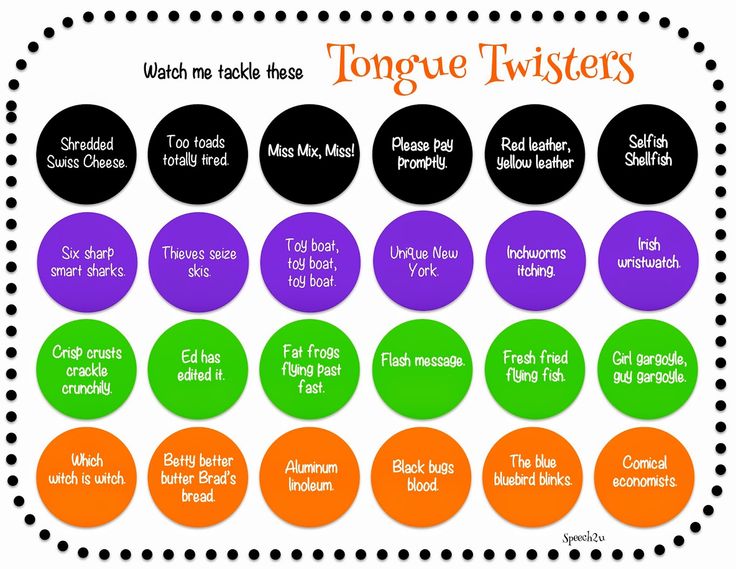 Here are our 20 best tongue twisters in English for kids, which will give you a real challenge.
Here are our 20 best tongue twisters in English for kids, which will give you a real challenge.
1. I Scream
I scream, you scream, we all scream, for ice cream!
2. Peter Piper
Peter Piper picked a peck of pickled peppers
A peck of pickled peppers Peter Piper picked
If Peter Piper picked a peck of pickled peppers
Where’s the peck of pickled peppers that Peter Piper picked?
3. Betty Botter
Betty Botter bought a bit of butter.
“But,” she said, “this bit of butter’s bitter,
But a bit of better butter mixed with this butter might just make my bit of bitter butter better.”
So, Betty bought a bit of better butter to make her bitter butter better.
4. Susie Shine
I saw Susie sitting in a shoe shine shop.
Where she shines, she sits, and where she sits, she shines.
5. Woodchuck
How much wood would a woodchuck chuck, if the woodchuck could chuck wood?
He would chuck, he would, as much as he could,
And chuck as much wood as a woodchuck would,
If a woodchuck could chuck wood.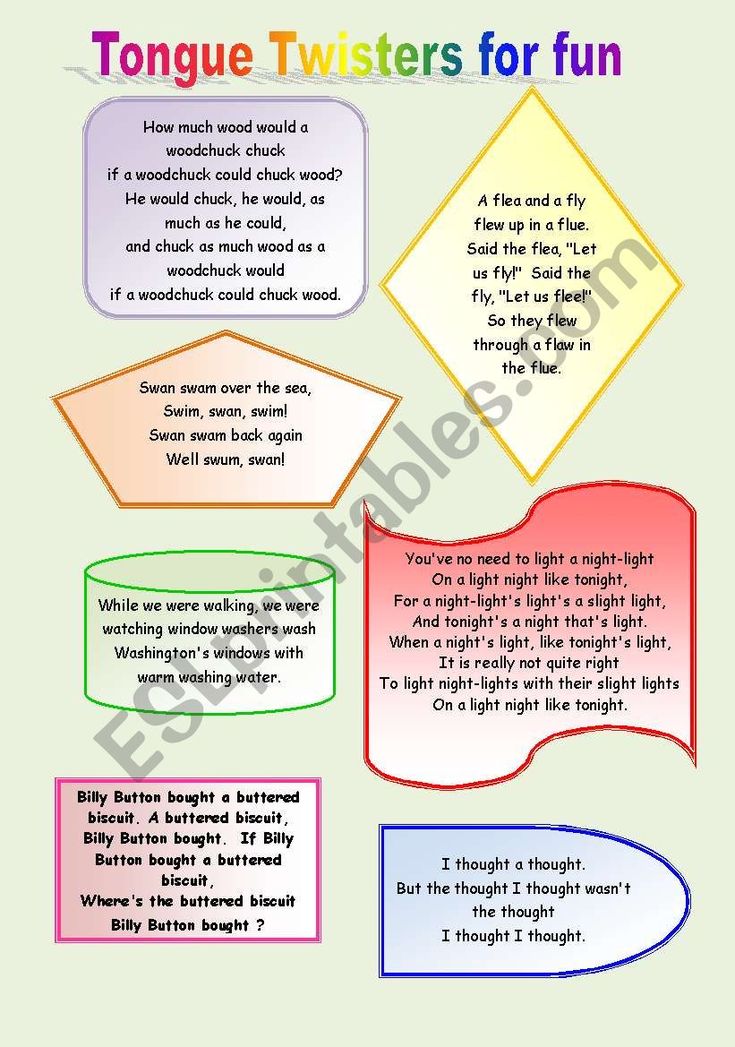
6. Doctor Doctor
If one doctor doctors another doctor,
Then which doctor is doctoring the doctored doctor?
Does the doctor who doctors the doctor, doctor the doctor the way the doctor he is doctoring doctors?
Or does he doctor the doctor the way the doctor who doctors doctors?
7. Thought A Thought
I thought a thought,
But the thought I thought wasn’t the thought I thought I thought.
If the thought I thought I thought had been the thought I thought,
I wouldn’t have thought so much.
8. Fuzzy Wuzzy
Fuzzy Wuzzy was a bear,
Fuzzy Wuzzy had no hair,
Fuzzy Wuzzy wasn’t very fuzzy, was he?
9. She Sells
She sells sea shells by the seashore
And the shells she sells by the seashore are sea shells for sure.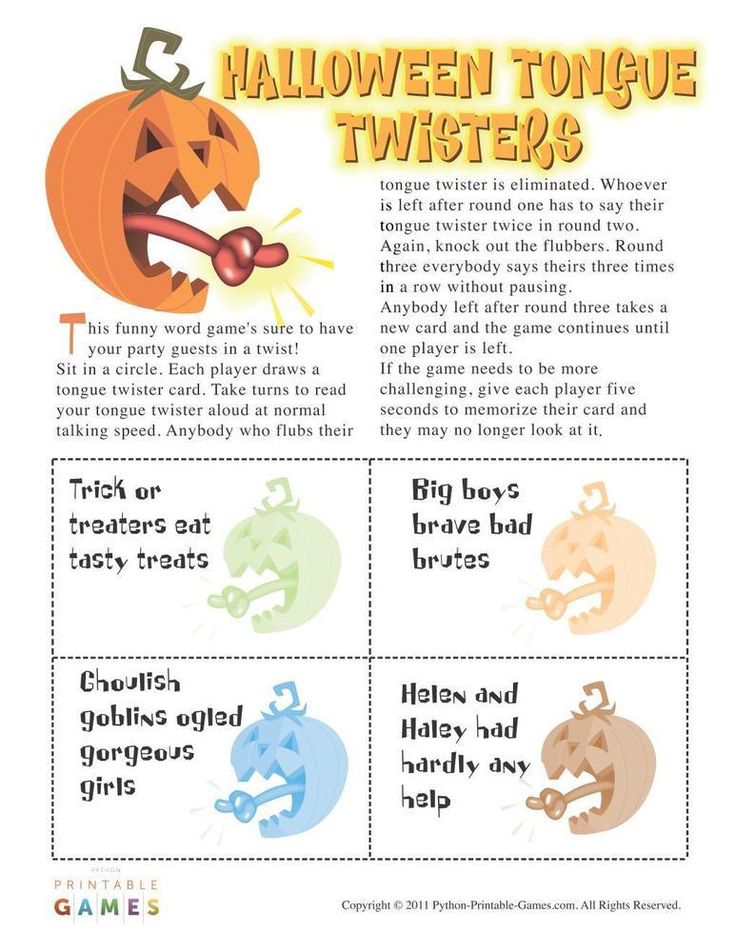
10. All I Want is a Proper Cup of Coffee
All I want is a proper cup of coffee,
Made in a proper copper coffee pot
I may be off my dot
But I want a cup of coffee
From a proper coffee pot.
Tin coffee pots and iron coffee pots
They’re no use to me –
If I can’t have a proper cup of coffee
In a proper copper coffee pot
I’ll have a cup of tea.
11. Bleeding Boys
Brave, bleeding boys battle bald, biting babies
Biting babies ride battle toys while bumbling boys brave bald biting babies.
12. Denise Sees
Denise sees the fleece,
Denise sees the fleas.
At least Denise could sneeze
And feed and freeze the fleas.
13. Dark Dock
To sit in solemn silence in a dull, dark dock,
In a pestilential prison, with a life-long lock,
Awaiting the sensation of a short, sharp shock,
From a cheap and chippy chopper on a big black block!
14.
 Luke Luck
Luke LuckLuke Luck likes lakes.
Luke’s duck likes lakes.
Luke Luck licks lakes.
Luke’s duck licks lakes.
Duck takes licks in lakes Luke Luck likes.
Luke Luck takes licks in lakes duck likes.
15. Cheese Trees
Through three cheese trees three free fleas flew
While these fleas flew, freezy breeze blew
Freezy breeze made these three trees freeze
Freezy trees made these trees’ cheese freeze
That’s what made these three free fleas sneeze
16. Black and Brown Background
Black background, brown background,
Brown background, black background,
Background background, black, black, brown, brown.
17. Why Willy?!
Why do you cry, Willy?
Why, Willy?
Why, why, why?!
Why do you cry?
Willy, Willy!
Willy cry, why you cry, Willy?
18.
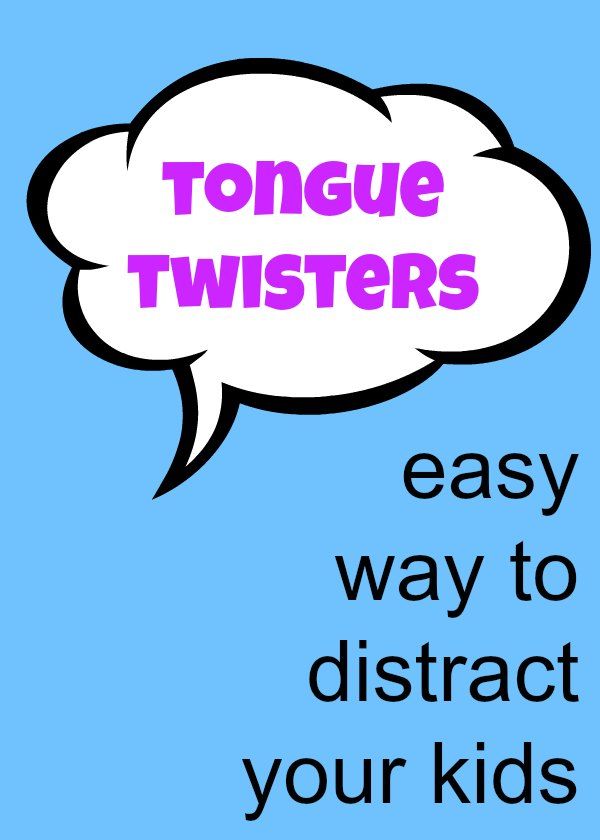 Ned Nott and Sam Shott
Ned Nott and Sam ShottNed Nott was shot and Sam Shott was not.
So it is better to be Shott than Nott.
Some say Nott was not shot.
But Shott says he shot Nott.
Either the shot Shott shot at Nott was not shot,
Or Nott was shot.
If the shot Shott shot shot Nott, Nott was shot.
But if the shot Shott shot shot Shott,
Then Shott was shot, not Nott.
However, the shot Shott shot shot not Shott, but Nott.
19. Butter And Jelly
Yellow butter, purple jelly, red jam, black bread.
Spread it thick, say it quick!
Yellow butter, purple jelly, red jam, black bread,
Spread it thicker, say it quicker!
Yellow butter, purple jelly, red jam, black bread.
Don’t eat until you are spreading it like a spread!
20. Chester Cheetah
Chester cheetah chews a chunk of cheap cheddar cheese
If the chunk of cheese chunked Chester cheetah,
What would Chester cheetah chew and chunk on?
Short Tongue Twisters for Children
Here are some short tongue twisters for kids that are easy to recite and perfect for beginners.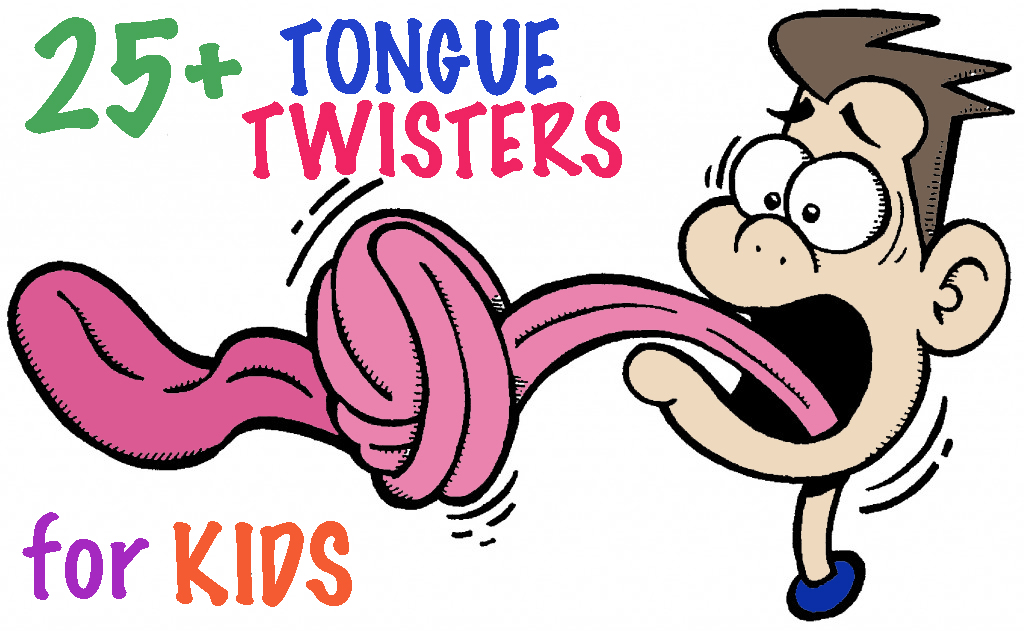
- Six slippery snails slid slowly seaward.
- Zebras zig and zebras zag.
- Irish wristwatch.
- Red lorry, yellow lorry.
- Selfish Shellfish.
- Toy boat. Try boat. Toy boat. Try boat.
- Kitty caught the kitten in the kitchen.
- Greek grapes, Greek grapes, Greek grapes.
- Fred fed Ted bread and Ted fed Fred bread.
- Bad money, mad bunny.
Long Tongue Twisters for Kids
How about going to the next level with something longer and fun tongue twisters?
- Fresh fried fish, fish fresh fried, fried fish fresh, fish fried fresh.
- Fox on clocks on bricks and blocks. Bricks and blocks on Knox on box.
- No needs to light a night light On a light night like tonight.
- If a dog chews shoes, whose shoes does he choose?
- Why do you cry, Willy? Why, Willy? Why why why? Why do you cry? Willy, Willy! Willy cry, why you cry, Willy?
- I slit a sheet, a sheet I slit. Upon the slitted sheet, I sit.

- If you must cross a course cross cow across a crowded cow crossing, cross the cross coarse cow across the crowded cow crossing carefully.
- Whether the weather is warm, whether the weather is hot, we have to put up with the weather, whether we like it or not.
- If practice makes perfect and perfect needs practice, I’m perfectly practised and practically perfect.
- Imagine an imaginary menagerie manager managing an imaginary menagerie.
Funny Tongue Twisters for Children
For ultimate fun in practising tongue twisters, nothing could be better than these funny tongue twisters. Let’s take a look and laugh, shall we?
- A tutor who tooted the flute tried to tutor two tooters to toot.
Said the two to the tutor, “Is it harder to toot or to tutor two tooters to toot?” - If you want to buy, buy, if you don’t want to buy, bye bye!
- An ape hates grape cakes.
- I have got a date at a quarter to eight; I’ll see you at the gate, so don’t be late.
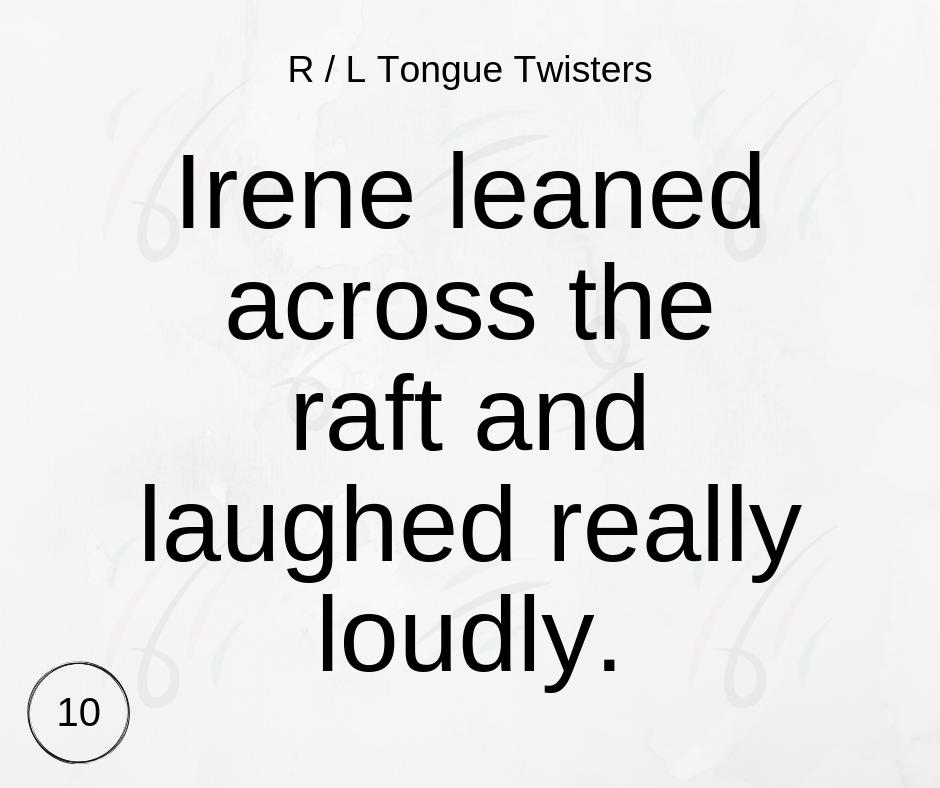
- Any noise annoys an oyster, but a noisy noise annoys an oyster more.
- Picky people pick Peter Pan Peanut-Butter, ’tis the peanut-butter picky people pick.
- Birdie birdie in the sky laid a turdie in my eye.
- If two witches would watch two watches, which witch would watch which watch?
- .A sailor went to sea to see what he could see. And all he could see was sea, sea, sea.
- A synonym for cinnamon is a cinnamon synonym.
Well Known Tongue Twister for Kids
Regardless of short or hard, there are many popular tongue twisters that have been loved for ages. Here are some of them:
- Supercalifragilisticexpialidocious
- Sheena leads, Sheila needs.
- Betty bought butter but the butter was bitter, so Betty bought better butter to make the bitter butter better.
- And when they battle in a puddle, it’s a tweetle beetle puddle battle.
- How much wood could a woodchuck chuck if a woodchuck could chuck wood?
- A big black bug bit a big black bear.

- How can a clam cram in a clean cream can?
- If Stu chews shoes, should Stu choose the shoes he chews?
- How much ground would a groundhog hog if a groundhog could hog ground? A groundhog would hog all the ground he could hog if a groundhog could hog ground.
- Five frantic frogs fled from fifty fierce fishes.
Try out these tongue twisters at home with your kids and see if you can recite them at breakneck speeds. Let us know how it went, by getting in touch with us.
Also Read:
Fun and Clever Riddles for Kids with Answers
English Learning Games and Activities for Kids
Smart Ideas to Teach Kids to Rhyme Words and Sounds
What is Child Speech Therapy?
Speech and Language Delay in Children
102 Tongue Twisters for Kids (To Practice Speaking)
Tongue twisters for kids are not just an easy way to elicit a few giggles. They can also be an excellent tool to boost language skills, improve brain function, and promote confidence.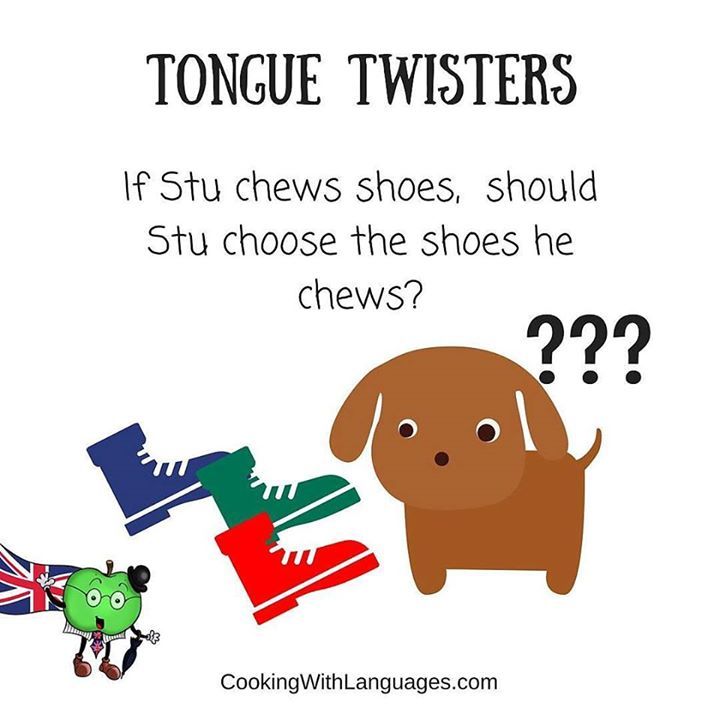
Many professionals who speak in front of an audience use tongue twisters to warm-up, and they are also used in the treatment of some speech impediments.
Get set to reap the benefits of tongue twisters by exploring this fascinating topic.
Table of Contents
- What Are Tongue Twisters?
- Benefits of Tongue Twisters for Kids
- Funny Tongue Twisters for Kids
- Easy Tongue Twisters for Kids
- Short Tongue Twisters for Kids
- Hard Tongue Twisters for Kids
- Famous Tongue Twisters for Kids
- What Is the Hardest Tongue Twister in the World?
- Which Tongue-Tripping Tongue Twister Trips Your Tongue?
What Are Tongue Twisters?
A tongue twister is any set or series of words that are difficult to say, correctly, quickly, and in sequence.
They may or may not make sense. But the goal of a good tongue twister isn’t to make sense, so that’s okay.
For example:
I have got a date at a quarter to eight; I’ll see you at the gate, so don’t be late:
This tongue twister is also a short poem, and the words are in an order that makes sentences we can understand.
Weathered weather leather better:
This is also a tongue twister, but the words are not in an order that makes sense as a sentence.
Benefits of Tongue Twisters for Kids
So, back to those claims that tongue twisters have brain, language, and confidence-boosting benefits.
Here’s an overview of some of those benefits.
- Speaking is a motor skill. The brain must learn to connect each sound we make to a series of specific muscle movements. Tongue twisters can help to strengthen these brain-muscle connections.
- Tongue twisters stretch and work the muscles we use when speaking and this helps us pronounce words more clearly. Children with clearer pronunciation will experience less frustration when attempting to share their needs, thoughts, and feelings.
- Having fun playing with tongue twisters provides a low-pressure way to talk about words and their meanings.
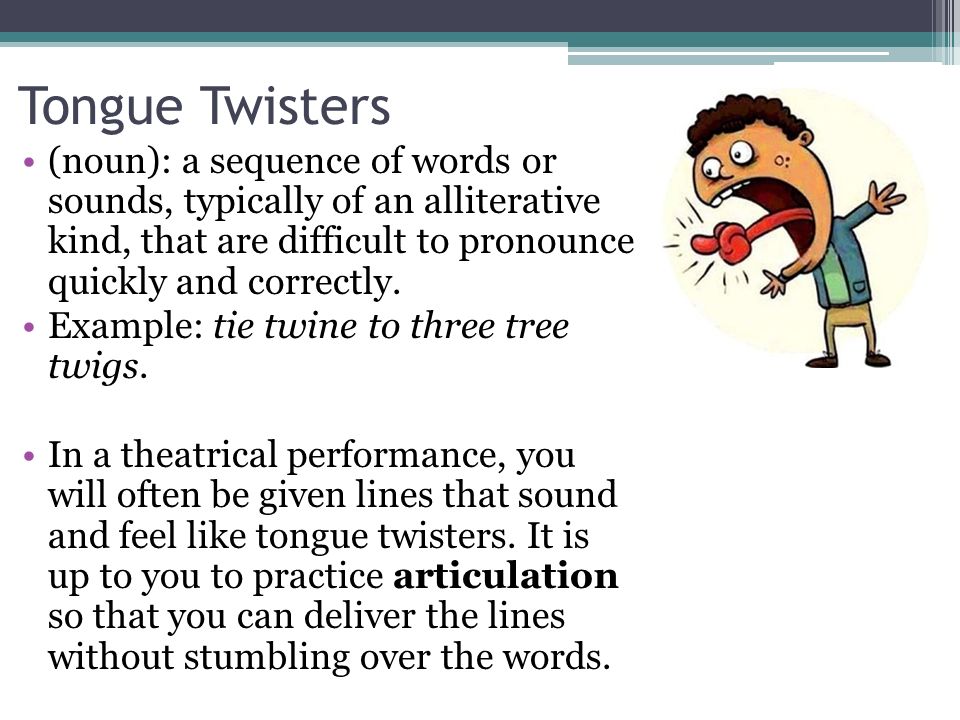 During these chats, you can discuss and reinforce rhyming, vocabulary, antonyms, synonyms, and other important aspects of language.
During these chats, you can discuss and reinforce rhyming, vocabulary, antonyms, synonyms, and other important aspects of language. - Kids who have strong speech and language skills are more likely to speak with confidence. That also makes them more likely to ask questions and take on leadership roles.
- Tongue twisters require the speaker to slow down, pay attention, speak precisely, and practice repetition. These skills can be beneficial in other areas of life.
Ready to get your child started on these fun word challenges? Or maybe you want to practice some to impress your child before you introduce them to the world of tongue twisters. Either way, you may be familiar with a few tongue twisters, but here are 102 examples so you have plenty to choose from.
Funny Tongue Twisters for Kids
These are not only amusing on their own, but you’re also likely to crack up laughing at the linguistic mistakes they induce.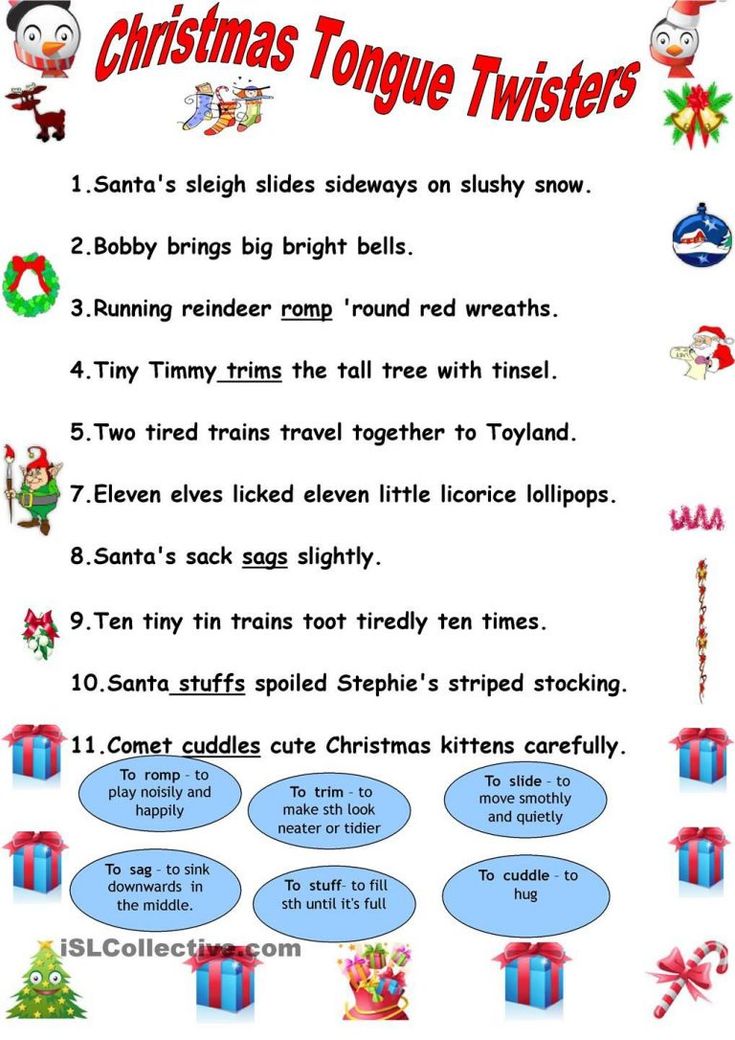
If you know your child is motivated by humor, these are a great place to start.
- A big black bug bit a big black dog.
- The great Greek grape growers grow great Greek grapes.
- Smelly shoes and socks shock sisters.
- Chester Cheetah chews a chunk of cheap cheddar.
- Five frantic frogs fled from fifty fierce fish.
- Fred fed Ted bread, and Ted fed Fred bread.
- A skunk sat on a stump and thunk the stump stunk, but the stump thunk the skunk stunk.
- How much caramel can a canny cannonball cram in a camel if a canny cannonball can cram caramel in a camel?
- If colored caterpillars could change their colors constantly could they keep their colored coat colored properly?
- Did Dick Dickens prick his pinkie picking cheap pickles?
- I saw a kitten eating chicken in the kitchen.
- Six sticky skeletons.
- Ned Nott was shot and Sam Shott was not, so is it better to be Shott than Nott?
- Yellow butter, purple jelly, red jam, black bread, spread it thick, say it quick.
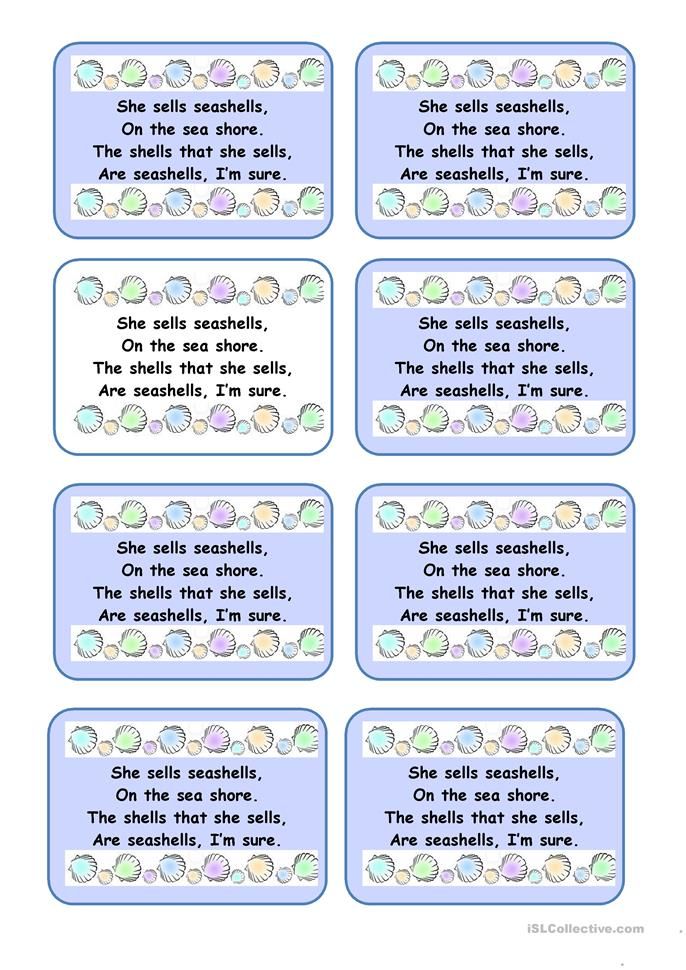
- There was a fisherman named Fisher who fished for some fish in a fissure. ‘Til a fish with a grin pulled the fisherman in. Now they’re fishing the fissure for Fisher.
- If Stu chews shoes, should Stu choose the shoes he chews?
- I was born on a short, shiny, ship at shore.
- One-one was one racehorse. Two-two was one too. One-one won one race. Two-two won one too.
- Gobbling gargoyles gobbled gobbling goblins.
- Pirates’ private property chest.
- Birdie birdie in the sky laid a turdie in my eye.
- How many cans can a cannibal nibble if a cannibal can nibble cans? As many cans as a cannibal can nibble if a cannibal can nibble cans.
- A snake sneaks to seek a snack.
Easy Tongue Twisters for Kids
For younger children, those with less confidence, or kids with additional speech challenges, begin with one or more of these easy twisters. They won’t be as frustrating as some of the longer and more complicated ones.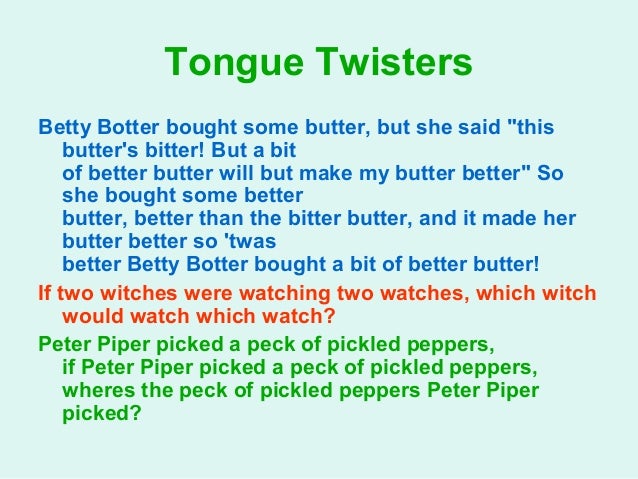 Once these are mastered, you can move on to the harder twisters.
Once these are mastered, you can move on to the harder twisters.
- He threw three balls.
- Eddie edited it.
- Mommy made me eat my M&Ms.
- Busy buzzing bumblebees.
- Big nose, big blows.
- Friendly fleas and fireflies.
- Popular peppers popping.
- Sing, ping, sling, pling.
- Splish, splash, splosh, went the dog in the wash.
- Bella laughed ‘til she barfed.
- What a terrible tongue twister.
- Annie and Andy’s April anniversary.
- How many cookies could a good cook cook If a good cook could cook cookies?
- Two tried and true tridents.
- Loose lips long licks.
- Four furious friends fought for the phone.
- Great glass globes glow greenly.
- Stanley stands sadly on the steep steps.
- The queen in green screams.
- Bears breathe blackberries.
- Rubber rudders bounce.
- A happy hippo hopped and hiccupped.
Short Tongue Twisters for Kids
Short tongue twisters for kids are great for those with a shorter attention span.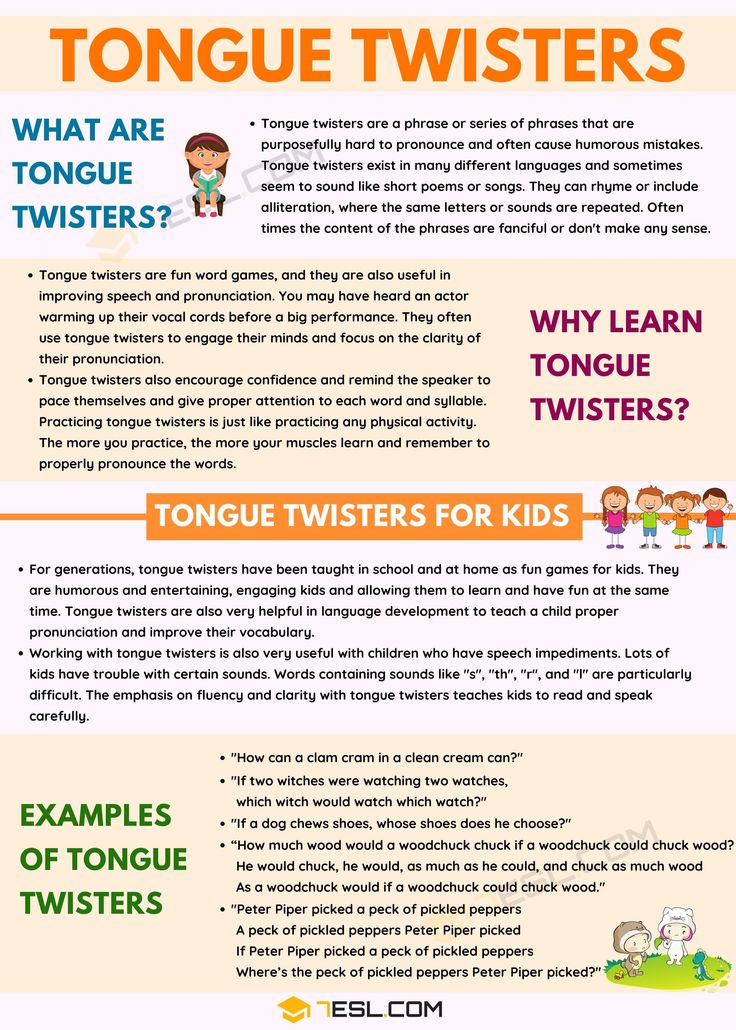 That makes them a good choice for younger kids or those who suffer from Attention Deficit Disorder.
That makes them a good choice for younger kids or those who suffer from Attention Deficit Disorder.
These short ones won’t be as entertaining or funny as some of the others on the overall list, though.
- She sees cheese.
- The black bat’s back.
- Daddy draws doors.
- Red lorry, yellow lorry.
- Fresh French fried fly fritters.
- Irish wristwatch.
- Red Buick, blue Buick.
- Flashy fish massage.
- Selfish shellfish.
- Double bubble gum, bubbles double.
- Greet with glee.
- Eleven benevolent elephants.
- Ed had edited it.
- Slap shot shiner.
- She threw three balls.
- Specific Pacific.
- Flash place.
- Stop said Sid.
- Sheena leads, Sheila needs.
- Russian Rob runs.
- Santa’s short suit shrunk.
- Big black bugs.
- Pirates’ private plank.
- Rudder valve reversals.
- Stupid superstition.
- Argyle gargoyle.
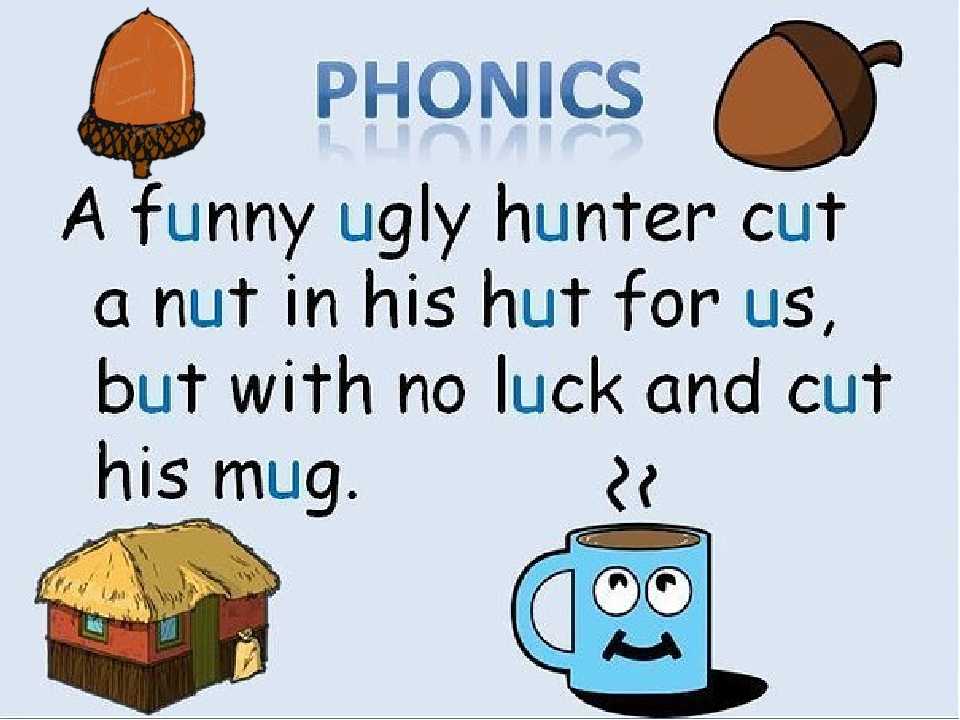
Hard Tongue Twisters for Kids
If you have a little tongue twister master in the home, challenge them with these fun and hilarious examples.
Since these are more difficult, they should keep them happily practicing for a while.
- Six sick hicks nick six slick bricks with picks and sticks.
- Shave a single shingle thin.
- I slit a sheet, a sheet I slit. Upon the slitted sheet I sit.
- To begin to toboggan first buy a toboggan, but don’t buy too big a toboggan. Too big a toboggan is too big a toboggan to buy to begin to toboggan.
- Rugged rubber baby buggy bumpers.
- Imagine an imaginary menagerie manager managing an imaginary menagerie.
- Rory the warrior and Roger the worrier were reared wrongly in a rural brewery.
- Sort three short sword sheaths.
- Thirty-three thirsty, thundering thoroughbreds thumped Mr. Thurber on Thursday.
- Wide right turns.
- Brisk brave brigadiers brandished broad bright blades, blunderbusses, and bludgeons — balancing them badly.

- Send toast to ten tense stout saints’ ten tall tents.
- Supposed to be pink pistachio, supposed to be pistachio pink.
- The thirty-three thieves thought that they thrilled the throne throughout Thursday.
- Six sleek swans swam swiftly southwards.
- Opposite octopus ocular optics.
- Dark dusty disks.
- Seven sleazy shysters in sharkskin suits sold sheared sealskins to seasick sailors.
- Shut up the shutters and sit in the shop.
- If you must cross a course cross cow across a crowded cow crossing, cross the cross coarse cow across the crowded cow crossing carefully.
Famous Tongue Twisters for Kids
How many of these famous tongue twisters for kids do you know? You can let your child know that these were popular way back in the day when you were little.
Try not to be disheartened by their amazed expressions when they have trouble picturing you as a child.
- Peter Piper picked a peck of pickled peppers.
 A peck of pickled peppers Peter Piper picked. If Peter Piper picked a peck of pickled peppers, where’s the peck of pickled peppers Peter Piper picked?
A peck of pickled peppers Peter Piper picked. If Peter Piper picked a peck of pickled peppers, where’s the peck of pickled peppers Peter Piper picked? - I saw Susie sitting in a shoeshine shop. Where she sits she shines, and where she shines she sits.
- If Stu chews shoes, should Stu choose the shoes he chews?
- I scream, you scream, we all scream for ice cream!
- Betty Botter bought some butter, But she said the butter’s bitter. If I put it in my batter, it will make my batter bitter, but a bit of better butter will make my batter better. So Betty Botter bought a bit of better butter.
- How much wood would a woodchuck chuck, if a woodchuck could chuck wood? A woodchuck would chuck as much wood as a woodchuck would if a woodchuck could chuck wood.
- Fuzzy Wuzzy was a bear, Fuzzy Wuzzy had no hair. Then Fuzzy Wuzzy wasn’t fuzzy, was he?
- Whether the weather be fine or whether the weather be not, whether the weather be cold or whether the weather be hot, we’ll weather the weather whatever the weather, whether we like it or not.
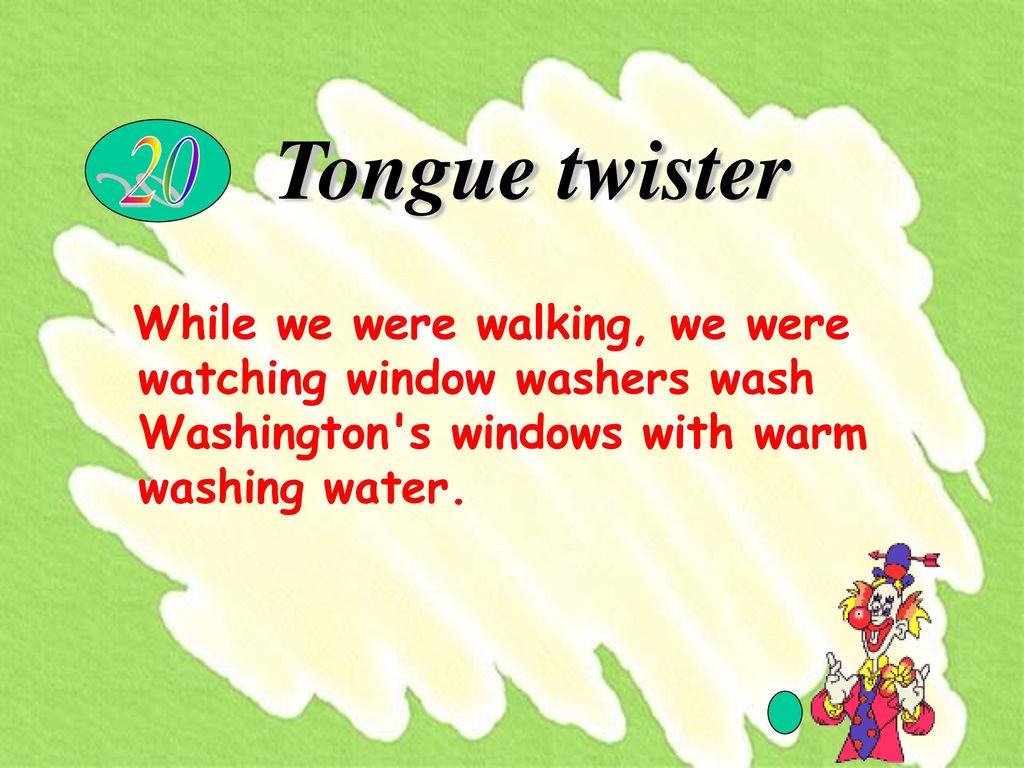
- I thought a thought, But the thought I thought wasn’t the thought I thought I thought. If the thought I thought I thought had been the thought I thought, I wouldn’t have thought so much.
- She sells sea shells by the seashore, and the shells she sells by the seashore are sea shells for sure.
- Round and round the rugged rock the ragged rascal ran.
In 2013, a team from MIT, in conjunction with Haskins Laboratories in New Haven, Conn., Ludwig-Maximilians University in Munich, Wellesley College in Massachusetts, and the University of Southern California (USC) in Los Angeles, used tongue twisters to research the brain’s speech planning process (1).
They recorded volunteers saying or trying to say both word list and full sentence tongue twisters. One stood out as so difficult most people couldn’t say it once, let alone ten times fast.
As a result, they declared the most difficult tongue twister in the world to be:
“pad kid poured curd pulled cod.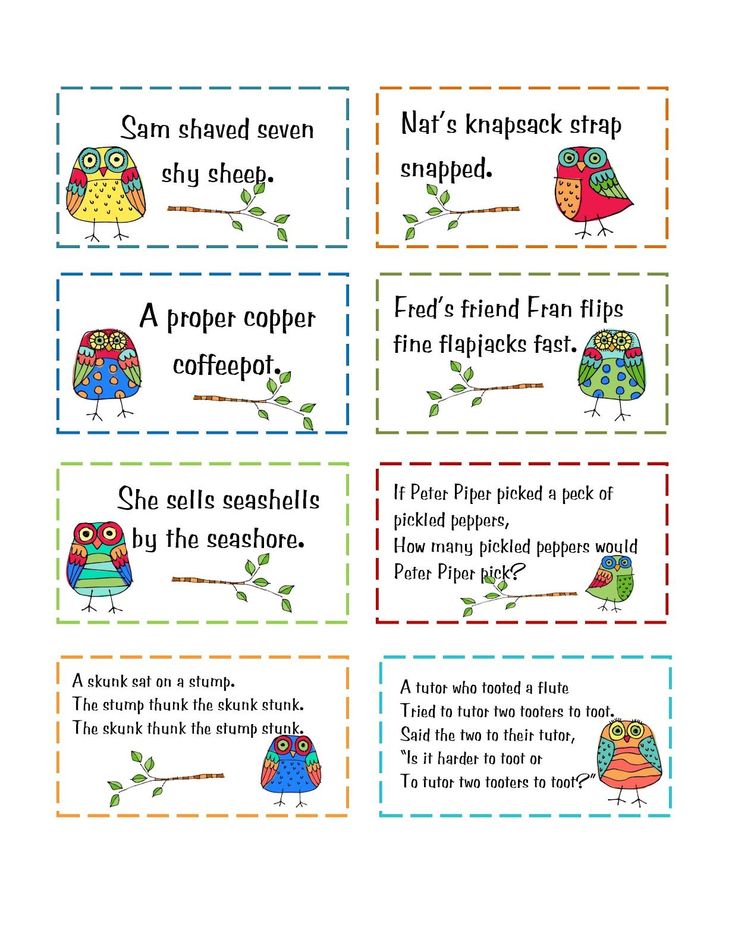 ”
”
Which Tongue-Tripping Tongue Twister Trips Your Tongue?
Whether you’re in the car, on the bus, waiting in line, or anywhere else with a few minutes on your hands, tongue twisters are a fabulous way to distract, amuse, and entertain your child.
You can use them for some covert teaching, as a way to boost confidence, or to create a moment where you and your child are focused purely on each other.
Who knew that Peter Piper picked a peck of pickled peppers would be so useful?
Feedback: Was This Article Helpful?
Thank You For Your Feedback!
Thank You For Your Feedback!
What Did You Like?
What Went Wrong?
About the Author
Patricia Barnes
Patricia Barnes is a homeschooling mom of 5 who has been featured on Global TV, quoted in Parents magazine, and writes for a variety of websites and publications. Doing her best to keep it together in a life of constant chaos, Patti would describe herself as an eclectic mess maker, lousy crafter, book lover, autism mom, and insomniac.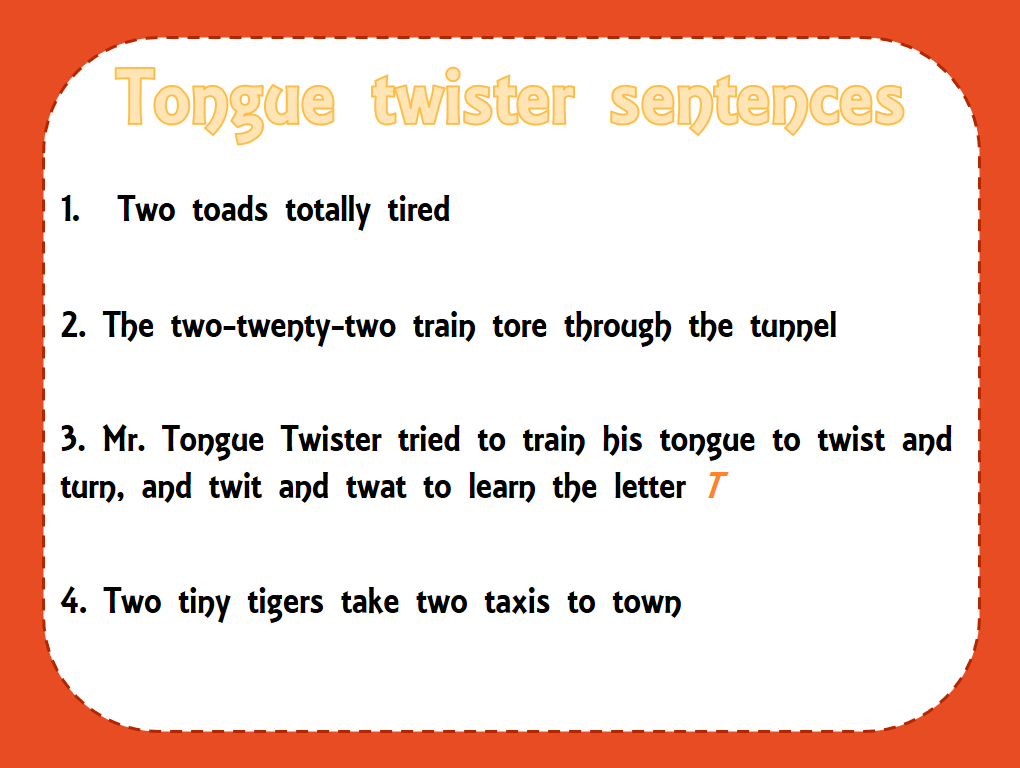
Subscribe to Our Newsletter
We won't send you spam. Unsubscribe at any time.
Top tongue twisters in English with translation
The YES Foreign Language Center offers modern online English courses at our school, which, among other things, pay serious attention to phonetics. The following are the 33 most popular tongue twisters in English with translation into Russian, which allow you to practice English pronunciation.
So you can train the pronunciation of non-equivalent, that is, having no correspondence in Russian, sounds [θ] and [ð]:
| There those thousand thinkers were thinking how did the other three thieves go through. | That thousand thinkers there were pondering how the other three thieves could get in. (NB: The grammar in this sentence is colloquial. It would be correct to say "how the other three thrives had gone through". |
| The thirty-three thieves thought that they thrilled the throne throughout Thursday. | Thirty-three thieves thought they were shaking (shaking) the throne all Thursday. |
| He threw three free throws. | He made three free throws. |
Another non-equivalent sound [w]:
| Wayne went to Wales to watch walruses. | Wayne went to Wales to watch the walruses. |
| One-one was a race horse. | One-one was a racehorse. Two or two too. One-one won the race. Two or two too. |
| Why do you cry, Willy? | Why are you crying, Willy? Why are you crying? Why, Willy? Why, Willy? Why, Willy? Why? |
We train the sounds [p] and [b], which are pronounced with aspiration, that is, with aspiration.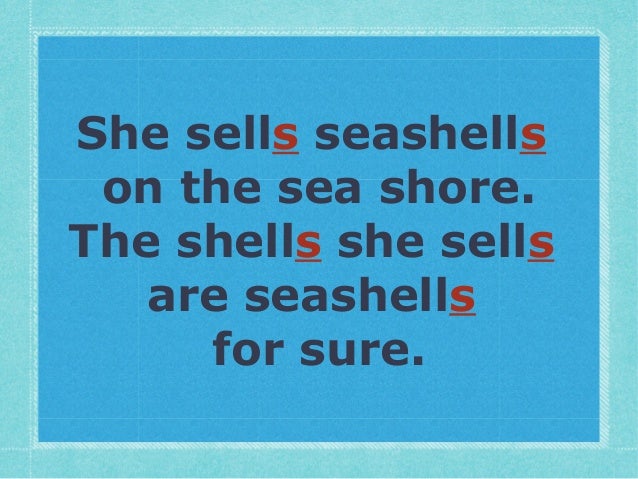 This phonetic phenomenon is absent in Russian:
This phonetic phenomenon is absent in Russian:
| Peter Piper picked a peck of pickled peppers. | Peter the piper took a bunch of pickled peppers. A pile of pickled peppers was taken by Peter the piper. If Peter the Piper took a pile of pickled peppers, where is the pile of pickled peppers that Peter the Piper took? |
| Betty Botter bought some butter. But she said the butter's bitter. If I put it in my batter, it will make my batter bitter. But a bit of better butter will make my batter better. So ‘twas better Betty Botter bought a bit of better butter. | Betty Botter bought some butter. But the oil was bitter, she said. If I put it in the dough, the dough will become bitter. |
| A big black bug bit a big black dog on his big black nose! | A big black bug has stung a big black dog in a big black nose! |
| Black back bat, black back bat, black back bat… | Bat with black back... |
We train the sound [t], when pronouncing which the tip of the tongue rests on the alveoli, and not on the back wall of the upper teeth, as happens in Russian.
| What a terrible tongue twister, | What a terrible phrase... |
| Two tiny tigers take two taxis to town. | Two tiny tigers are driving into the city in two taxis. |
We train the alternation of sounds [t] and [θ]:
| Tom threw Tim three thumbtacks. | Tom tossed three push pins to Tim. |
We train the sound [k], which is also pronounced with aspiration, that is, not quite like its Russian equivalent:
| How can a clam cram in a clean cream can? | How can an oyster fit into a clean bowl? |
| How many cans can a cannibal nibble, | How many cans can a cannibal eat if a cannibal can chew cans? As many cans as a cannibal can chew if a cannibal can chew cans. |
Now let's practice the sound combination [skr]:
| I scream, you scream, we all scream for ice-cream! | I scream-demand, you scream-demand, we all scream-demand ice cream! |
We train the alternation of sounds [k] and [t∫]:
| I saw a kitten eating chicken in the kitchen. | I saw a kitten eating chicken in the kitchen |
Now alternating [k] and [g]:
| How many cookies could a good cook cook, if a good cook could cook cookies? A good cook could cook as many cookies as a good cook who could cook cookies. | How many cookies can a cook make well if a good cook can make cookies? A good cook can make as many cookies as a good cook can make cookies. |
We train the combination [gr]:
| The great Greek grape growers grow great Greek grapes. | Prominent Greek growers grow excellent Greek grapes. |
We train the sound [∫], the alternation of this sound with the sound [s], as well as the alternation of [s], [ð] and [∫]:
| I wish to wash my Irish wristwatch. | I want to wash my Irish wristwatch. |
| We surely shall see the sun shine soon. | We will surely see the sun shine soon. |
| So, this is the sushi chef. | So, this is the sushi chef. |
We train the sound [t∫], which is pronounced more intensely than Russian [h]:
| Chester Cheetah chews a chunk of cheep cheddar cheese. | Chester the Cheetah was chewing on a piece of cheap Cheddar cheese. |
We train the sound [s], as well as the sound combinations [sw], [sl] and [sn]:
| Celibate celebrant, celibate celebrant, celibate celebrant... | An unmarried priest... |
| Six sleek swans swam swiftly southwards. | Six sleek swans swam south. |
| Six slimy snails sailed silently. | Six slimy snails swam quietly (under sail). |
We train the sound [r], which bears little resemblance to its Russian equivalent:
| Rory the warrior and Roger the worrier were reared wrongly in a rural brewery. | Warrior Rory and Warrior Roger were wrongly raised in a rural brewery. |
We train the sound [f], which is pronounced with great effort, with a greater accent than its Russian equivalent:
| Four furious friends fought for the phone. | Four angry friends fought over the phone. |
The English sound [m] does not require special training, since the ways of pronouncing it in Russian and English are completely the same. However, in the following tongue twister, the play on words is interesting: Mary - marry - merry. The first two words sound the same, but the third differs from them in its stressed vowel:
| Mary Mac's mother's making Mary Mac marry me. Will I always be so merry when Mary's taking care of me? | Mary Mack's mom is forcing Mary Mack to marry me. My mom is forcing me to marry Mary Mack. Will I always be cheerful if Mary takes care of me? Will I always be cheerful if I marry Mary Mack? |
Now let's practice some vowel sounds. The pronunciation of English vowels should be given special attention - they bear little resemblance to Russian vowels. Sound [e]:
| Seventy seven benevolent elephants. | Seventy-seven benevolent elephants. |
The following tongue twister is interesting in that the sound [e] is always followed by the same consonant, but it is preceded by different sounds and sound combinations:
| Fred fed Ted bread, and Ted fed Fred bread. | Fred fed Ted bread and Ted fed Fred bread. |
Diphthong (that is, a vowel sound consisting of two elements) [iə]:
| Near an ear, a nearer ear, a nearly eerie ear. | Close to the ear, closer ear, close to the intimidating ear. |
Diphthong [ei] (and in one word [ai]):
| On a lazy laser raiser lies a laser ray eraser. | On the lazy laser lies the destroyer of laser beams. |
There are tongue twisters that allow you to hone the pronunciation of all English sounds without exception - both consonants and vowels. Known for their snobbery, the British claim that no nationality can learn to speak English without an accent, except for the Dutch. Well, let's try to refute this assertion!
Well, let's try to refute this assertion!
Afanaskina Ekaterina Vladimirovna - expert of the educational and methodological department
Center for Foreign Languages "YES".
TOP 15 tongue twisters in English for children
It is not easy to pronounce tongue twisters in your native language, but in a foreign language it is a disaster. Why are they needed at all?
First, it's a great way to improve your pronunciation. Tongue twisters help to train the muscles responsible for the correct reproduction of sounds.
In addition, regular exercises with tongue twisters pump diction. Diction is important if you are speaking in front of an audience. Famous actors, presenters, announcers must say a few tongue twisters before an important performance.
If a child regularly pronounces tongue twisters, then diction and pronunciation improve not only in English, but also in Russian, as the muscles of the speech apparatus get used to the load and various positions.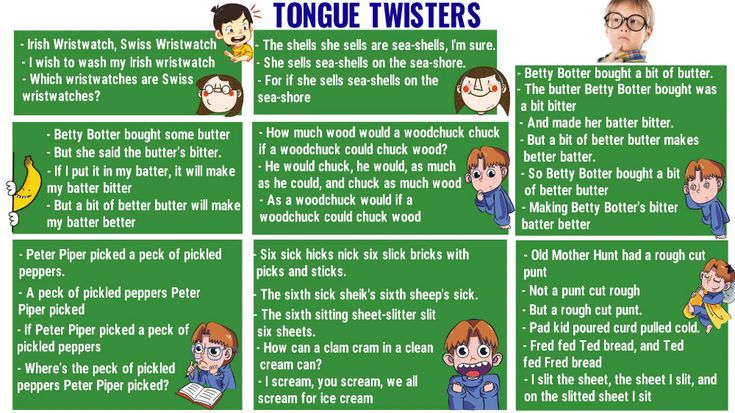
Tongue twisters for children are the best way to develop correct diction in both English and Russian. After classes with tongue twisters, the pronunciation becomes clearer, and the child more easily masters the sounds of his native speech.
There is even an international tongue twister day: it is celebrated on the second Sunday of November. You still have time to get ready!
The word “patter” itself is translated into English as tongue twister. English tongue twisters do not differ in principle from their Russian counterparts - they use complex sounds that are repeated in every word.
What is the best way to learn English tongue twisters: with or without translation? Unfortunately, when translated, the tongue twister ceases to be it. On the other hand, without translation it is very difficult to remember it without understanding the meaning. If you read English tongue twisters with translation, do not be surprised - their translation is usually quite meaningless or strange, and situations are repeated several times.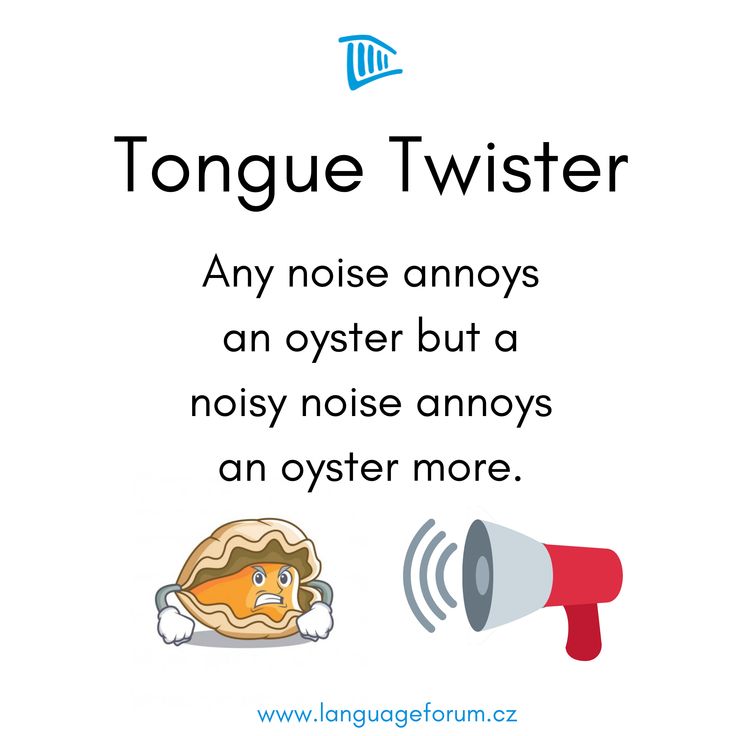 All this is done solely in order to complicate the task of the one who pronounces the tongue twister.
All this is done solely in order to complicate the task of the one who pronounces the tongue twister.
The easiest tongue twisters in English
You can also prepare to pronounce tongue twisters. To warm up the speech apparatus, do some special exercises:
Exercise "Fence-tube"
Smile broadly and show closed teeth. Then draw out the lips with a tube. Repeat several times.
Exercise "Swing"
Open your mouth and reach with the tip of your tongue first to the nose, then to the chin. Repeat several times.
Exercise "Drummer"
Smile, open your mouth, put your tongue behind your upper teeth, loudly, distinctly, repeatedly repeat: "D-D-D-". Gradually speed up the pace, do not bring the teeth together.
After the speech apparatus is warmed up, you can start tongue twisters. It is better to start with simple options.
First read the tongue twister to yourself and try to understand it, or refer to the translation. If you understand the tongue twister, it will be easier for you to pronounce it.
If you understand the tongue twister, it will be easier for you to pronounce it.
Then listen to the sample, if possible. Concentrate on slow pronunciation, and not on how the announcer quickly pronounces the sounds.
Try to read the tongue twister at a normal pace, without rushing anywhere. Pronounce sounds correctly. If you are studying on your own, without a teacher, then you should record your reading on a voice recorder and compare it with a sample.
If you managed to read the tongue twister correctly, repeat it again, but a little faster. Don't try to do it as quickly as possible. The muscles of the speech apparatus work in the same way as any other muscles in the body: they need time to remember the sequence of actions and get used to them. As soon as you can easily read the tongue twister at a normal pace or a little faster, move on to faster reading.
Start with simple English tongue twisters with translation - they will help you prepare for pronunciation of more complex ones. Are these tongue twisters suitable for children? Of course! It is with them that it is better to start setting the correct pronunciation.
Are these tongue twisters suitable for children? Of course! It is with them that it is better to start setting the correct pronunciation.
The combination of [r] and [l] is being trained here. Say these sounds separately, and then practice the tongue twister.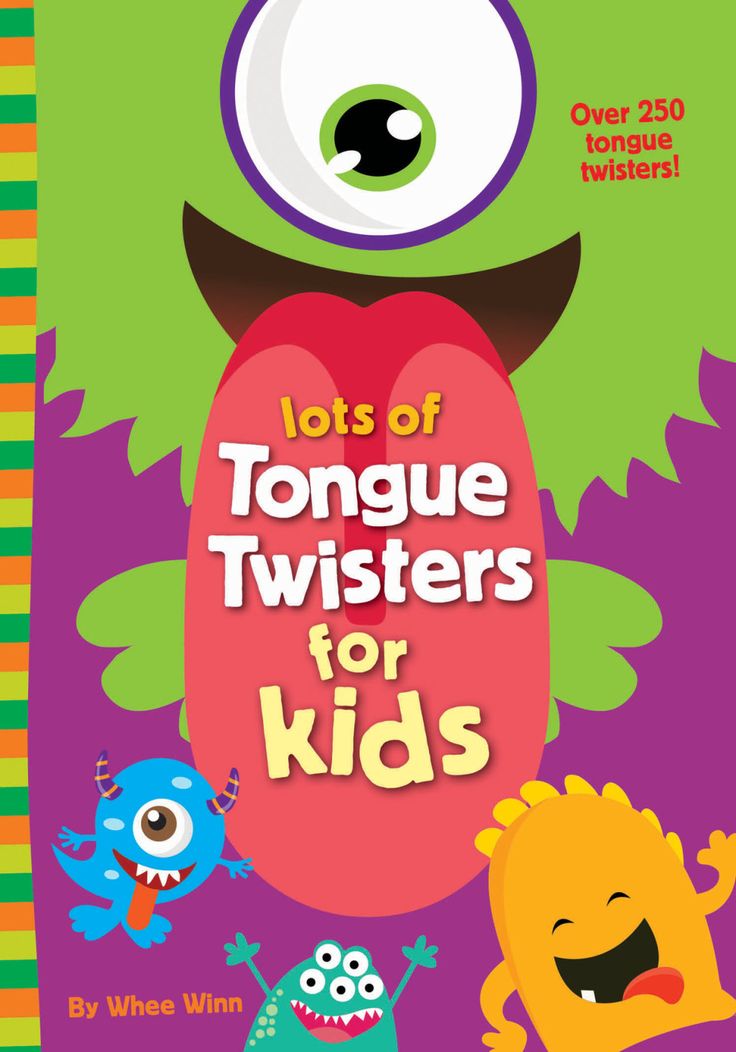
The most difficult tongue twisters in English with pronunciation
After practicing with easier options, try more difficult tongue twisters.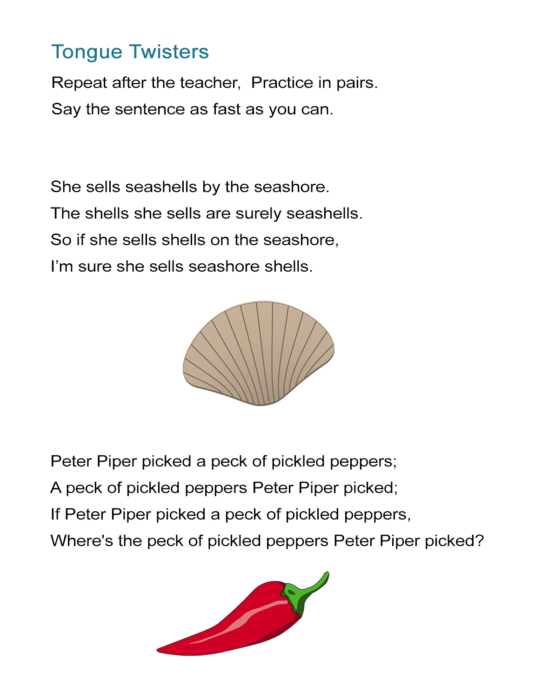 They are usually longer, and in addition to the correct pronunciation of repeated complex sounds, you also need to control your breathing.
They are usually longer, and in addition to the correct pronunciation of repeated complex sounds, you also need to control your breathing.
Classic breathing exercises that will help you work even more effectively with long and complex tongue twisters:
Candle Exercise
Draw air into your chest and exhale in short bursts, as if blowing out candles on a cake one at a time. The more candles you blow out, the better.
Exercise “Underwater”
Draw air into your chest and exhale slowly, stretching your lips with a tube. Repeat several times, try to exhale slowly and evenly.
To start complex tongue twisters, after breathing and articulatory gymnastics, practice short, less complex tongue twisters for the same groups of sounds - this will be like a warm-up before a difficult sporting event.
Ready? Let's start with the most difficult tongue twister, which was included in the Guinness Book of Records:
The combination of hissing sounds in this tongue twister is very difficult to pronounce. Try it, will it work for you?
Peter Piper picked a peck of pickled peppers;
A peck of pickled peppers Peter Piper picked;
If Peter Piper picked a peck of pickled peppers,
Where’s the peck of pickled peppers Peter Piper picked?
Peter Piper collected a lot of pickled peppers.
Peter Piper collected a lot of pickled peppers.
If Peter Piper collected a lot of pickled peppers,
So where is that pile of pickled peppers that Peter Piper collected?
A difficult rhyme-patter for practicing sound [p].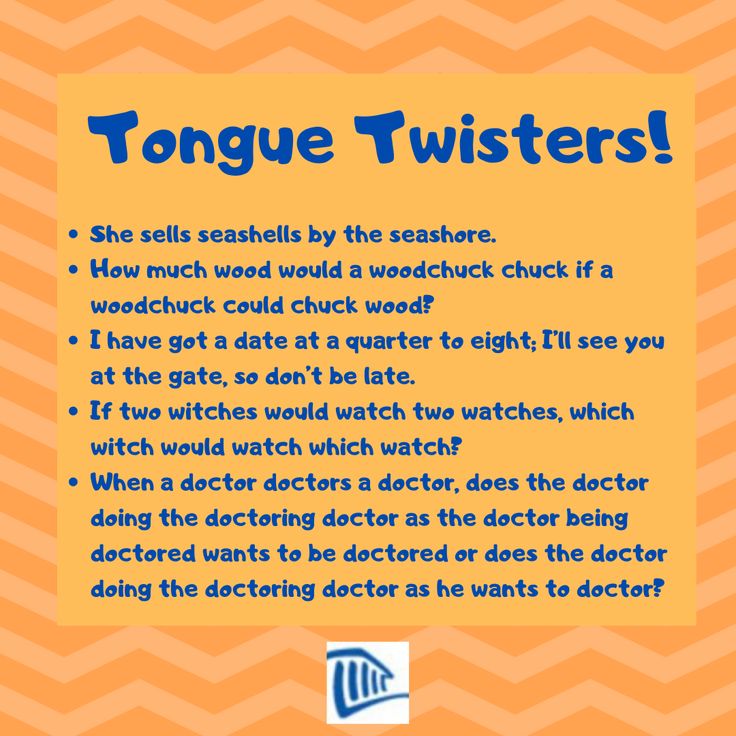 Don't forget that in English this sound is pronounced with a breath and a little "explosion"
Don't forget that in English this sound is pronounced with a breath and a little "explosion"
She sells seashells on the seashore.
The shells she sells are seashells, I'm sure.
So if she sells seashells on the seashore,
Then, I'm sure she sells seashells.
She sells seashells by the sea;
The shells she sells are seashells, I'm pretty sure
So if she's selling seashells by the sea,
I'm pretty sure she's selling seashells.
A classic patter for practicing the sounds [∫] and [s]. We hope you didn't break your tongue trying to pronounce it!
Betty Botter bought some butter
But, said she, the butter’s bitter.
If I put it in my batter,
it will make my bitter batter.
But a bit of better butter
will make my bitter batter better.
So she bought some better butter,
better than the bitter butter,
put it in her bitter batter,
made her bitter batter better.
So it was better
Betty Botter bought some better butter.
A very long patter-song for practicing sound [b].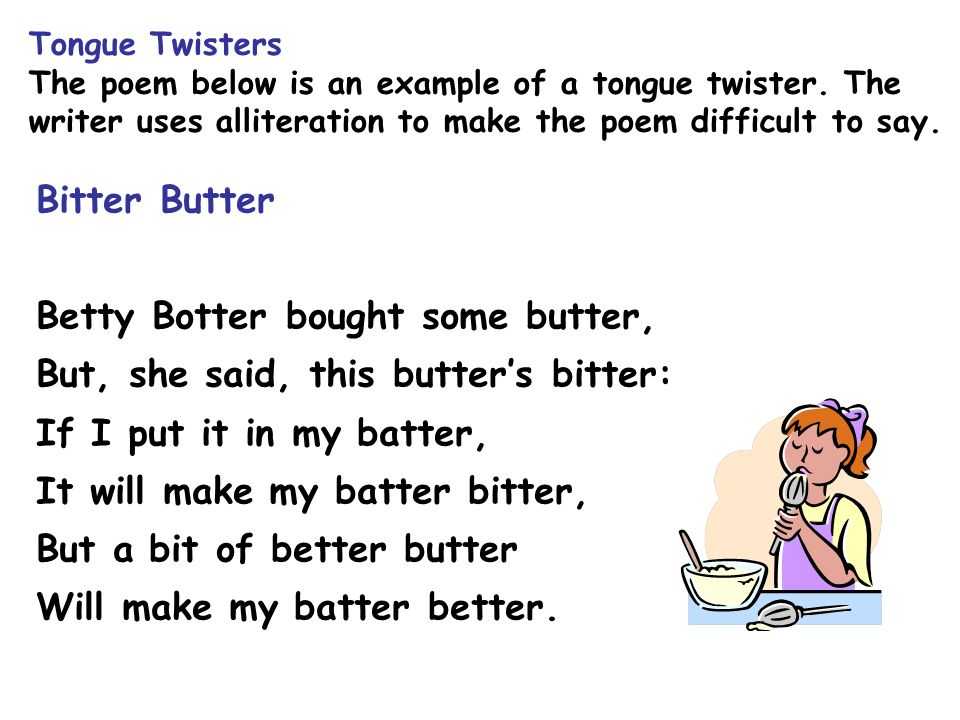

 )
) 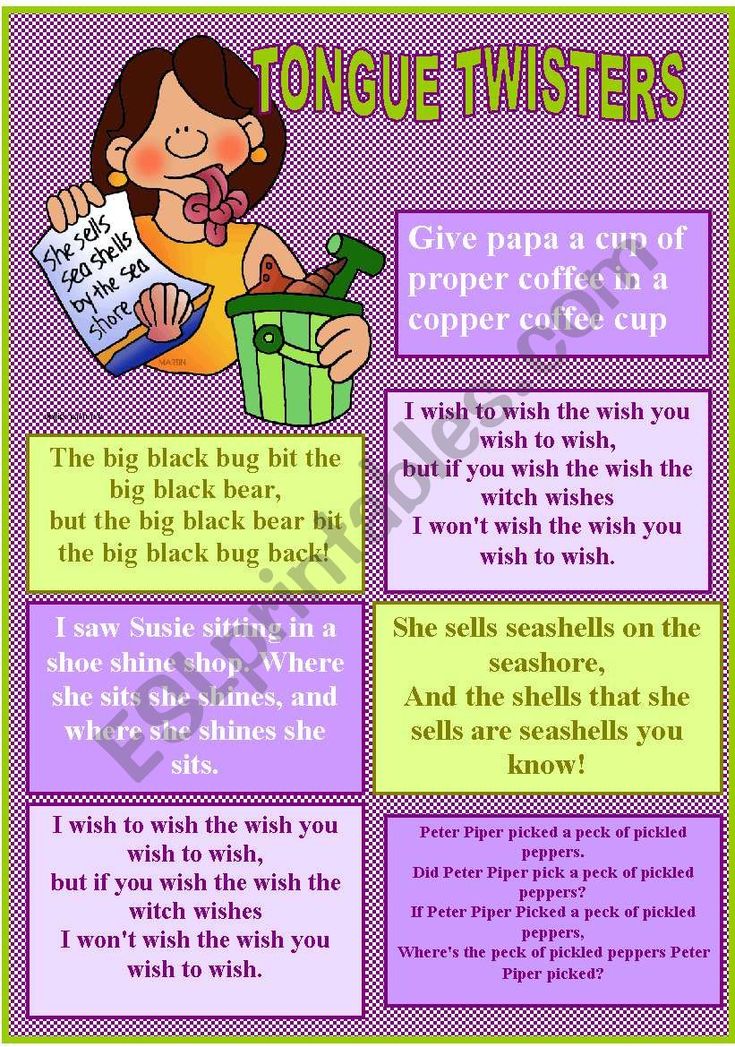 But a little bit of butter will make my dough better too. So Betty Botter better buy some better butter. (This tongue twister simultaneously trains the pronunciation of short vowels of the English language.)
But a little bit of butter will make my dough better too. So Betty Botter better buy some better butter. (This tongue twister simultaneously trains the pronunciation of short vowels of the English language.) 